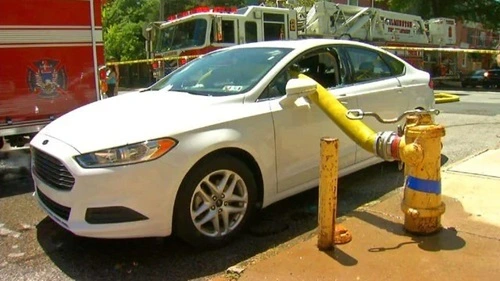Yes, it is illegal to kill a hawk in the United States without a proper permit. Hawks are federally protected under the Migratory Bird Treaty Act of 1918 (MBTA), which makes it unlawful to harm, kill, or capture these birds without specific authorization. Violating this law can result in severe penalties, including hefty fines and imprisonment.
Legal Framework for Hawk Protection
Hawks, as migratory birds, fall under the comprehensive protection of federal and state laws. The legal safeguards ensure their conservation and prevent harm to populations essential to ecosystems.
1. Migratory Bird Treaty Act (MBTA)
- The MBTA protects hawks and over 1,000 other bird species.
- It is illegal to kill, harm, or disturb hawks, their nests, or their eggs without a permit.
- The Act applies nationwide, regardless of state-specific wildlife laws.
2. Bald and Golden Eagle Protection Act (BGEPA)
- This Act provides additional protection to bald eagles and golden eagles, which are specific species of raptors closely related to hawks.
- Killing or harming these birds can lead to enhanced penalties under this law.
3. State Regulations
- States may enforce additional protections for hawks. For example, some states regulate hunting or trapping activities that could indirectly impact hawks.
- State agencies often collaborate with the U.S. Fish and Wildlife Service (USFWS) to manage hawk populations.
Permits for Killing Hawks
In rare cases, killing a hawk may be authorized, but it requires a depredation permit issued by the U.S. Fish and Wildlife Service (USFWS). These permits are typically granted under specific circumstances:
- Agricultural Damage
- If hawks are causing significant harm to crops, livestock, or property, landowners may apply for a depredation permit.
- Applicants must demonstrate that non-lethal methods have been attempted and failed.
- Human Health and Safety Risks
- Permits may also be issued if hawks pose a direct threat to human safety, such as frequent attacks or nesting in hazardous locations.
- Scientific Research
- Researchers studying hawk behavior or populations may obtain permits to capture or handle hawks.
Without a permit, killing or harming a hawk remains illegal under federal law.
Penalties for Killing a Hawk
Violating the MBTA or related laws can result in severe consequences, including:
- Fines
- Up to $15,000 for each violation under the MBTA.
- Enhanced fines may apply if the Bald and Golden Eagle Protection Act is violated.
- Imprisonment
- Up to six months in federal prison for violations of the MBTA.
- Penalties increase for repeat offenses or violations involving endangered species.
- Civil Restitution
- Additional civil penalties may apply to compensate for environmental harm caused by the illegal killing of hawks.
The Importance of Hawks in Ecosystems
Hawks play a critical role in maintaining ecological balance by controlling populations of rodents, small mammals, and other prey species. They act as natural pest controllers, benefiting both agricultural and urban environments.
Non-Lethal Alternatives to Address Hawk Conflicts
- Deterrents
- Use reflective tape, loud noises, or decoy predators to discourage hawks from frequenting certain areas.
- Netting or protective covers can safeguard vulnerable livestock.
- Habitat Modification
- Removing potential nesting sites near homes or farms can help reduce hawk activity.
- Wildlife Professionals
- Consult wildlife control experts for advice on handling hawk-related issues legally and effectively.
Related FAQs
Q1. Can I kill a hawk if it attacks my chickens?
Ans: No, killing a hawk is illegal without a depredation permit. Instead, use protective enclosures or other deterrents to safeguard your chickens.
Q2. What happens if I accidentally kill a hawk?
Ans: Even accidental killings can result in penalties. It is crucial to report the incident to the USFWS for guidance on next steps.
Q3. Are all hawks protected under the MBTA?
Ans: Yes, all species of hawks found in the U.S. are protected under the MBTA. Some, like the red-tailed hawk, are more commonly encountered.
Q4. How do I apply for a depredation permit?
Ans: Contact the U.S. Fish and Wildlife Service or your state wildlife agency for the application process. Permits are issued only when non-lethal methods have been attempted.
Q5. Are hawks endangered?
Ans: Most hawk species are not endangered, but they are protected to ensure stable populations. Species like the ferruginous hawk are listed as near-threatened due to habitat loss.
Q6. What should I do if I find an injured hawk?
Ans: Contact a licensed wildlife rehabilitator or local animal control. Handling hawks without authorization is also prohibited under the MBTA.
Conclusion
Killing a hawk is illegal under federal law without proper authorization. These majestic birds are vital to ecosystems and are safeguarded through robust legal protections. If hawks pose a conflict, explore non-lethal methods or seek assistance from wildlife agencies. Understanding and respecting these laws not only protects hawks but also helps maintain ecological balance.

